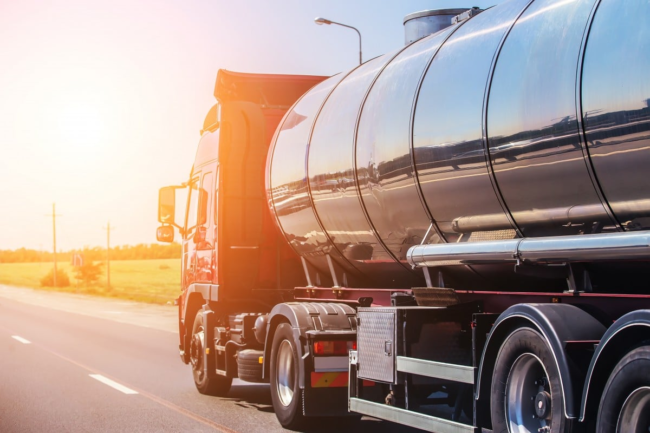
Navigating Petroleum Product Haulage: Challenges and Opportunities
Introduction: Petroleum product haulage, the transportation of refined oil products from refineries to distribution points, is a critical component of the energy supply chain. In this blog post, we’ll explore the complexities of petroleum product haulage, including its challenges, opportunities, and the crucial role it plays in keeping our society fueled and functioning.
Importance of Petroleum Product Haulage: Petroleum product haulage is essential for ensuring the timely and efficient delivery of refined oil products, such as gasoline, diesel, and aviation fuel, to end-users across vast geographical areas. From filling up our cars at gas stations to powering industries and heating homes, these products are integral to our daily lives and the functioning of the global economy.
Challenges in Petroleum Product Haulage: Despite its importance, petroleum product haulage faces numerous challenges. One of the primary challenges is ensuring the safe transportation of hazardous materials over long distances. Accidents, spills, and leaks pose significant environmental and safety risks, requiring strict adherence to safety regulations and protocols.
Additionally, the logistics of petroleum product haulage are complex, involving multiple stakeholders, including trucking companies, drivers, refineries, terminals, and regulatory agencies. Coordinating these operations efficiently while maintaining product quality and meeting delivery deadlines can be challenging, particularly in remote or underserved areas.
Furthermore, fluctuations in fuel prices, regulatory changes, and geopolitical uncertainties can impact the profitability and viability of petroleum product haulage operations, necessitating strategic planning and risk management by industry players.
Opportunities in Petroleum Product Haulage: Despite its challenges, petroleum product haulage presents opportunities for innovation and growth. Advancements in technology, such as GPS tracking, telematics, and real-time monitoring systems, are improving fleet management and route optimization, enhancing efficiency and safety.
Moreover, the transition towards cleaner energy sources, such as electric vehicles and renewable fuels, is reshaping the petroleum product haulage landscape. Companies that adapt to these changing market dynamics and invest in sustainable transport solutions stand to gain a competitive edge and tap into emerging markets for alternative fuels and energy storage.
Conclusion: Petroleum product haulage is a vital link in the energy supply chain, ensuring the reliable delivery of essential fuels to consumers and industries worldwide. While it faces challenges related to safety, logistics, and market dynamics, it also presents opportunities for innovation and growth. By addressing these challenges and embracing sustainable practices, the petroleum product haulage industry can continue to play a crucial role in meeting the energy needs of society while minimizing its environmental impact.


